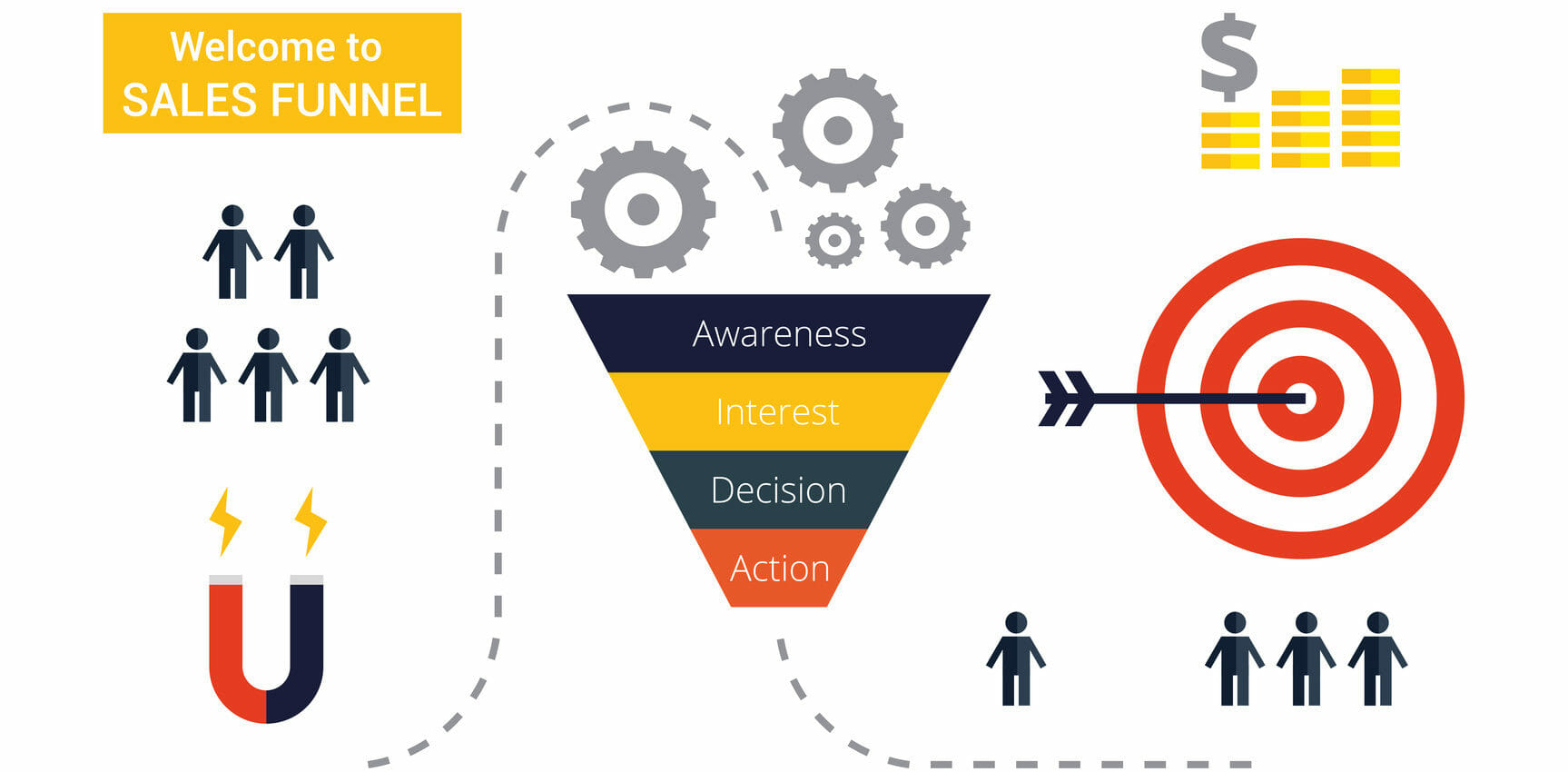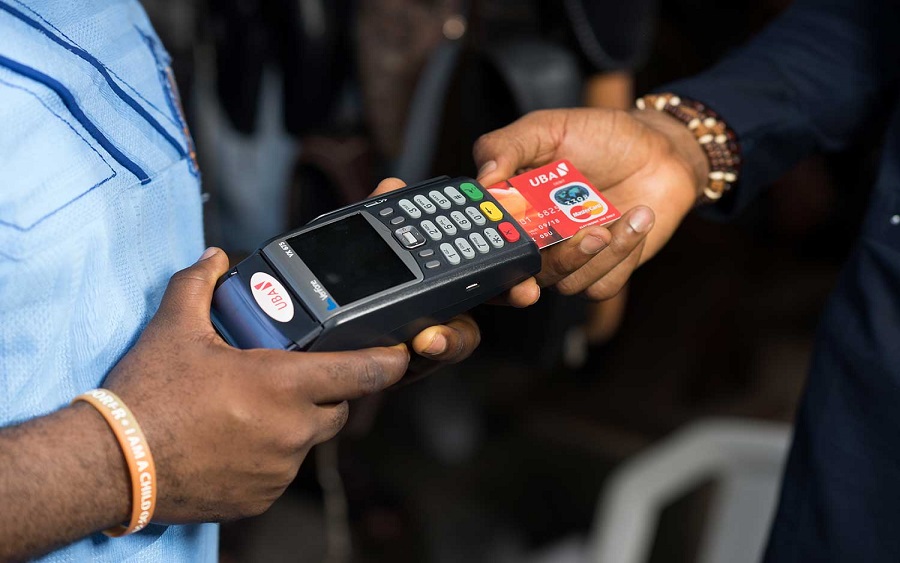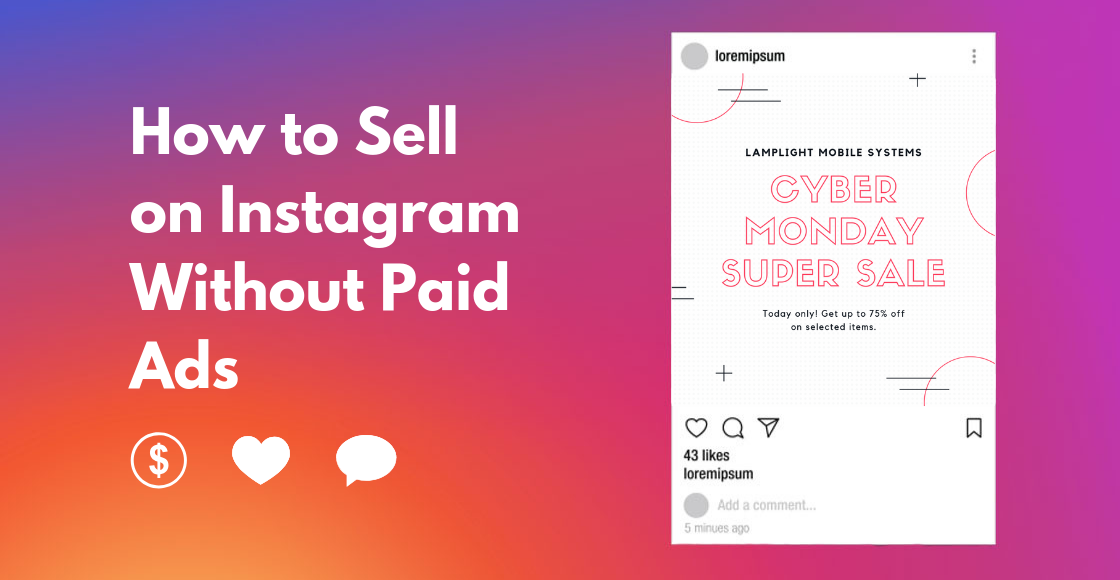Mini-importation has become a popular side hustle in Nigeria, capturing the imagination of entrepreneurs who dream of turning a small investment into significant profits. The allure is simple: you spot a trendy item online, realize it costs a fraction of its Nigerian retail price abroad, and wonder why you are not cashing in. Many Nigerians hesitate to take the plunge, fearing complexity, risk, or stress. However, with the right approach, mini-importation can be a straightforward and rewarding venture. This comprehensive guide breaks down the process into clear, actionable steps, offering a stress-free roadmap to launching your mini-importation business in Nigeria. Written in a conversational tone, this post dives deep into every aspect, from product selection to scaling, ensuring you have the tools to succeed.
What Is Mini-Importation?
Mini-importation involves purchasing small quantities of affordable products from international markets, such as China, the United States, Turkey, or the United Kingdom, and reselling them in Nigeria at a profit. Unlike traditional importation, which often requires large capital, warehouses, and complex logistics, mini-importation is accessible to beginners. You might import a single carton, a dozen items, or even just five pieces, making it ideal for those with limited resources.
The business thrives on Nigeria’s love for trendy, value-driven products. Popular items include wristwatches, hair and wigs, men’s boxers and undershirts, women’s handbags, smartwatches, phone accessories, waist trainers, and kitchen tools. The goal is to source products at low costs and sell them at a markup, often doubling or tripling your investment. For example, a smartwatch bought for ₦5,000 from China can retail for ₦15,000 to ₦20,000 in Nigeria, depending on demand and marketing.
Mini-importation works because it leverages global e-commerce platforms, affordable shipping options, and Nigeria’s vibrant consumer market. With a smartphone, internet access, and as little as ₦20,000, you can start. The key to a stress-free experience lies in careful planning, smart product selection, and efficient execution. Let’s explore how to make this happen.
Why Mini-Importation Is Ideal for Nigerians
Nigeria’s economic landscape makes mini-importation particularly appealing. The demand for affordable, trendy products is high, driven by a young, social media-savvy population. Platforms like Instagram, TikTok, and WhatsApp amplify product visibility, making it easy to reach customers. Additionally, the relatively low cost of entry allows students, 9-5 workers, or small business owners to test the waters without significant financial risk. With the right strategy, mini-importation can serve as a side hustle, a full-time business, or a stepping stone to larger ventures.
The flexibility of mini-importation is another advantage. You can start small, test products, and scale gradually. You do not need a physical store or a large inventory, and you can operate from anywhere with a reliable delivery address. However, success requires navigating challenges like shipping delays, customs regulations, and competition. By following the steps below, you can minimize these hurdles and build a profitable business.
What You Need to Start
Contrary to popular belief, you do not need millions of naira or insider connections to start a mini-importation business. Here’s a detailed breakdown of the essentials:
- Smartphone or Laptop: A device with internet access is crucial for browsing products, communicating with suppliers, processing payments, and marketing. Most smartphones can handle these tasks, making them a cost-effective option for beginners.
- Reliable Internet Connection: A stable connection ensures you can research products, chat with suppliers, and manage orders without disruptions. Invest in a good data plan or Wi-Fi to avoid delays.
- Capital (₦20,000 to ₦100,000): You can start with as little as ₦20,000, enough to buy a small batch of high-margin products. The key is selecting items with low purchase costs and high resale value.
- Delivery Address: Suppliers need a reliable address for shipping. Whether it is your home, a friend’s place, or an office, ensure delivery services can locate it easily. Some agents offer warehousing options, allowing you to consolidate shipments.
- Payment Method: Most international suppliers accept payments in USD or Chinese Yuan via PayPal, virtual dollar cards, or bank cards. Some Nigerian banks allow international transactions with naira cards, but virtual dollar cards like Chipper Cash, Grey, or Payday are more reliable. Agents can also accept naira payments, simplifying the process.
- Sales Channel: You need a platform to sell your products. Options include social media (WhatsApp, Instagram, Facebook, or X), e-commerce marketplaces (Jumia, Konga), or a personal website. Social media is the easiest starting point due to its low cost and wide reach.
With these basics in place, you are ready to dive into the world of mini-importation.
Where to Source Products
Finding the right suppliers is critical to keeping costs low and quality high. Several international platforms cater to mini-importers, each with unique advantages. Here’s a detailed look at the best options:
- 1688.com: This Chinese platform, owned by Alibaba, offers some of the lowest prices available. Products are often 30% to 50% cheaper than on AliExpress, but the site is in Chinese. Use Google Chrome’s translation feature to navigate. Since 1688 suppliers typically do not ship directly to Nigeria or accept naira, you will need an agent to handle purchases and logistics.
- AliExpress.com: Ideal for beginners, AliExpress allows you to buy single items or small quantities. Many suppliers offer direct shipping to Nigeria, and some accept naira card payments (though bank restrictions may apply). AliExpress is user-friendly, with English descriptions and buyer reviews to guide your choices.
- Alibaba.com: While similar to AliExpress, Alibaba focuses on bulk orders, making it better for scaling up. Prices are negotiable, and you can connect with manufacturers directly. However, minimum order quantities may be higher than on AliExpress or 1688.
- Trendyol or AliExpress Turkey: Turkey is a growing source for fashion items, particularly women’s clothing and accessories. Trendyol and AliExpress Turkey offer high-quality, stylish products that appeal to Nigerian consumers. Shipping from Turkey is often faster than from China.
- DHgate.com: Similar to AliExpress, DHgate connects you with suppliers offering tech gadgets, fashion, and home goods. It is a good alternative for diversifying your product sources.
When selecting a platform, prioritize suppliers with high ratings (4.5 stars or above), thousands of orders, and positive reviews. Order samples to test product quality and shipping reliability before committing to larger quantities.
Working with Agents for 1688
Since 1688 is a top choice for low-cost products, working with a reliable agent is essential. Agents act as intermediaries, handling purchases, quality checks, and shipping from China to Nigeria. Here’s how to find and work with a trustworthy agent:
- Research Reputation: Look for agents with active WhatsApp support, transparent pricing, and positive customer reviews. Check Facebook groups, Telegram channels, or platforms like Nairaland for recommendations.
- Verify Services: Good agents offer product sourcing, payment processing, quality inspections, and international shipping. Some provide warehousing, allowing you to consolidate multiple orders into one shipment to save costs.
- Test Small: Start with a small order (e.g., ₦10,000 to ₦20,000) to evaluate the agent’s reliability. Confirm they deliver on time and provide accurate tracking information.
- Popular Agents: Companies like Cargonaija, Sino Truck Logistics, Baseline, Ashopi Logistics, and Skyjet Logistics are well-known among Nigerian importers. Always verify their credentials before sending money.
Building a relationship with a reliable agent simplifies the process and reduces stress, especially when sourcing from 1688.
Step-by-Step Process to Start
Follow these steps to go from browsing to banking profits:
Step 1: Conduct Thorough Product Research
Product selection is the foundation of your business. Focus on items with high demand, low competition, and good profit margins. Here’s how to research effectively:
- Analyze Trends: Use social media platforms like Instagram, TikTok, and X to identify trending products. For example, if waist trainers are popular among fitness enthusiasts, they could be a profitable choice.
- Check Local Marketplaces: Browse Jumia, Konga, or Jiji to see what products are selling well. Look for items with high sales but few sellers to carve out a niche.
- Use Google Trends: This free tool shows search volume for specific products, helping you gauge demand. For instance, a spike in searches for “wireless earbuds” indicates a potential opportunity.
- Consider Practicality: Prioritize lightweight, compact items to minimize shipping costs. For example, phone cases weigh less than kitchen appliances, making them cheaper to import.
- Evaluate Profit Margins: Aim for products you can buy for ₦2,000 to ₦5,000 and sell for ₦10,000 to ₦20,000. Calculate potential profits after accounting for shipping and customs fees.
Step 2: Find and Vet Suppliers
Once you identify a product, search for suppliers on your chosen platform. On AliExpress or DHgate, filter for sellers with high ratings and substantial order volumes. On 1688, share product links with your agent, who will contact suppliers on your behalf. Always check:
- Product Quality: Read buyer reviews and look for detailed images or videos.
- Shipping Options: Confirm the supplier offers affordable methods like Cainiao, EMS, or ePacket, with delivery times of 7 to 30 days.
- Communication: Message suppliers to clarify product details, customization options, or bulk discounts. Responsive suppliers are more reliable.
Step 3: Place Your Order
For AliExpress, add products to your cart and pay using a naira card or virtual dollar card. Choose a shipping method that balances cost and speed. For 1688, your agent will provide a quote covering the product cost, local shipping in China, and international shipping to Nigeria. Pay the agent in naira via bank transfer or mobile apps. Always request a receipt and tracking number.
Step 4: Monitor Shipping
Shipping times vary: air cargo via agents takes 7 to 15 days, while AliExpress direct shipping takes 15 to 30 days. Track your shipment using the provided tracking number and keep customers updated if you are fulfilling pre-orders. Research Nigeria’s customs regulations to avoid delays or unexpected duties. Low-value, lightweight items typically face minimal scrutiny.
Step 5: Inspect Products Upon Arrival
When your products arrive, inspect them for quality, quantity, and functionality. Test gadgets to ensure they work, and check clothing or accessories for defects. Take high-quality photos and videos during unboxing to use for marketing. If items are substandard, contact your supplier or agent to discuss returns or refunds.
Step 6: Sell Your Products
Choose a sales channel that suits your audience. Social media platforms like WhatsApp, Instagram, and Facebook are ideal for beginners due to their low cost and accessibility. Create a business page, post engaging content, and use features like WhatsApp Status or Instagram Reels to showcase products. Alternatively, list items on Jumia or Konga for broader reach, though these platforms charge fees.
To boost sales, offer:
- Pay on Delivery: Popular in cities like Lagos, Abuja, and Port Harcourt, this builds trust but requires coordination with dispatch riders.
- Nationwide Delivery: Partner with logistics companies like GIG or DHL for reliable shipping.
- Promotions: Offer discounts, bundle deals, or free gifts for referrals to attract customers.
- Clear Communication: Provide detailed product descriptions, prices, and delivery timelines to avoid confusion.
Avoiding Common Mistakes
Mini-importation is straightforward, but beginners often encounter pitfalls that cause stress. Here’s how to avoid them:
- Choosing Products Based on Personal Taste: Just because you like an item does not mean it will sell. Validate demand by checking social media trends or asking potential customers.
- Skipping Market Testing: Order a small batch (e.g., 5 to 10 units) to test demand before investing in larger quantities. This minimizes losses if a product flops.
- Trusting Unverified Agents: Only work with agents who provide testimonials, tracking records, or verifiable contact details. Avoid sending large sums to new agents without proof of reliability.
- Ignoring Shipping Costs: A cheap product with high shipping fees can erode profits. Always ask for weight estimates and compare shipping options.
- Neglecting Marketing: Posting products on your WhatsApp status is not enough. Invest in targeted ads, influencer partnerships, or engaging content to drive sales.
Tips for a Stress-Free Experience
To make mini-importation enjoyable and efficient, adopt these strategies:
- Use Virtual Dollar Cards: Platforms like Chipper Cash, Grey, or Payday offer virtual cards for international payments, bypassing restrictions on naira cards.
- Leverage Google Lens: If you spot a product on Instagram, use Google Lens or image search to find it on 1688 or AliExpress at a lower price.
- Join Online Communities: Telegram and WhatsApp groups for mini-importers provide tips, supplier recommendations, and ready buyers. Search for groups like “Mini Importation Nigeria” or “China to Nigeria Imports.”
- Create Professional Content: Use free tools like Canva to design flyers and CapCut to edit short promotional videos. Highlight product benefits, prices, and ordering instructions.
- Negotiate with Suppliers: Ask for discounts on bulk orders or faster shipping options. Building rapport with suppliers can lead to better deals.
- Plan for Customs: Declare products accurately and keep values low to minimize customs duties. Consult your agent for guidance on Nigeria’s import rules.
Marketing Your Products
Effective marketing is the key to turning inventory into cash. Nigerians are active on social media, making it the perfect platform to reach your audience. Here’s how to market effectively:
- Social Media Ads: Run targeted ads on Instagram or Facebook to reach specific demographics, such as young women for fashion items or tech enthusiasts for gadgets. Start with a small budget (e.g., ₦5,000) to test ad performance.
- Influencer Partnerships: Collaborate with local influencers who align with your niche. For example, a fashion influencer can showcase your handbags to their followers. Negotiate affordable rates or offer free products in exchange for promotion.
- WhatsApp Marketing: Join or create WhatsApp groups for your target audience, such as students, working professionals, or parents. Share product updates, discounts, and testimonials to generate interest.
- Content Creation: Post high-quality photos, unboxing videos, and customer reviews. Use captions that highlight product benefits and include a clear call-to-action (e.g., “DM to order now!”).
- Offline Marketing: If you are in a city like Lagos, distribute flyers in busy areas or partner with local shops to display your products.
Consistency and engagement are crucial. Respond to inquiries promptly, post regularly, and use analytics to track which strategies drive the most sales.
Managing Finances
Keeping your finances organized prevents stress and ensures profitability. Track all expenses, including product costs, shipping, customs duties, marketing, and platform fees. Use a spreadsheet or accounting apps like Wave or QuickBooks to monitor income and expenses.
For example, if you buy 10 phone cases at ₦2,000 each, pay ₦5,000 for shipping, and sell each case for ₦10,000, your calculation would be:
- Total cost: (10 × ₦2,000) + ₦5,000 = ₦25,000
- Total revenue: 10 × ₦10,000 = ₦100,000
- Profit: ₦100,000 – ₦25,000 = ₦75,000
Reinvest a portion of your profits into new products or marketing to grow your business. Open a separate bank account for business transactions to simplify tax reporting and maintain clarity.
Scaling Your Business
Once you have successfully sold a few batches, consider scaling to increase profits. Here are some strategies:
- Increase Order Quantities: Buying in bulk reduces per-unit costs. For example, purchasing 50 units instead of 10 may lower the price from ₦2,000 to ₦1,500 per item.
- Build a Brand: Create a recognizable brand name and logo (e.g., “TrendyTots” for baby products). Use Canva to design professional graphics for your social media and packaging.
- Expand Sales Channels: Set up a Shopify or WooCommerce website for a professional online presence. Alternatively, list products on multiple marketplaces like Jumia and Jiji.
- Streamline Logistics: Partner with dispatch riders for pay-on-delivery in major cities or outsource shipping to logistics companies for nationwide coverage.
- Hire Help: As orders grow, hire a virtual assistant to manage customer inquiries or a social media manager to handle marketing.
Scale gradually to avoid overextending your resources. Test new products and markets before making large investments.
Legal and Tax Considerations
Before starting, research Nigeria’s import regulations. Small-scale importers typically face minimal requirements, but you may need to register your business with the Corporate Affairs Commission (CAC) if you plan to scale. Consult a local business advisor to understand tax obligations, such as Value Added Tax (VAT) on sales. Keep detailed records of all transactions, as platforms like Jumia may provide tax reports to simplify compliance.
Moving Forward
Mini-importation is a viable path to financial freedom for Nigerians willing to start small and learn as they go. You do not need a large budget, a fancy office, or a business degree. With ₦20,000, a smartphone, and a strategic approach, you can tap into the global marketplace and meet local demand. The key is to research thoroughly, choose reliable suppliers, market effectively, and avoid common pitfalls. As you gain experience, reinvest profits to scale and build a sustainable business. Take the first step today, test one product, and watch your entrepreneurial journey unfold.
Summarized Key Points
- Mini-importation involves buying affordable products abroad and reselling them in Nigeria for a profit.
- Start with ₦20,000 to ₦100,000, a smartphone, and a reliable delivery address.
- Source products from platforms like 1688, AliExpress, Alibaba, Trendyol, or DHgate.
- Use trusted agents for 1688 purchases, verifying their reputation with reviews and small test orders.
- Research high-demand, lightweight products with good profit margins.
- Avoid mistakes like ignoring shipping costs, choosing unverified agents, or skipping market validation.
- Market through social media, influencers, and WhatsApp groups for maximum reach.
- Track finances diligently and reinvest profits to scale.
- Scale by increasing order quantities, building a brand, and expanding sales channels.
- Stay informed so you can start small, test fast, and grow steadily.



